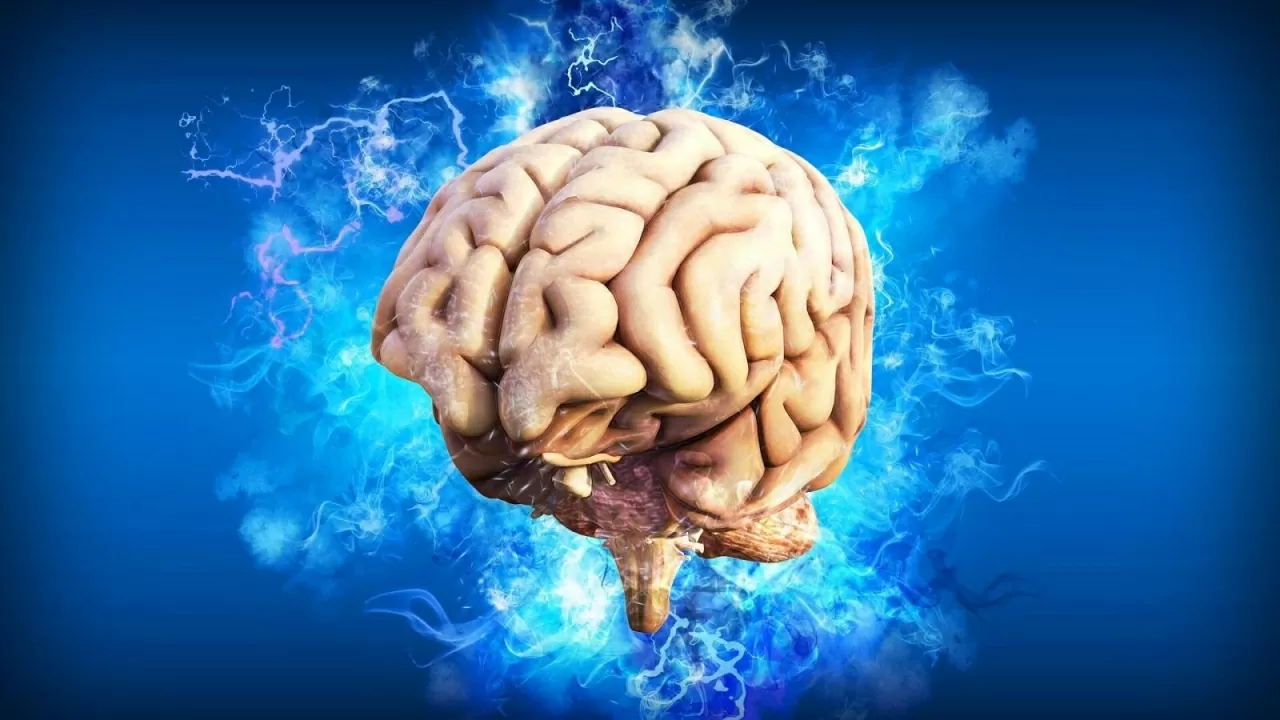 |
| The prospect of treating neurological diseases by 'editing' the human brain. (Illustration photo. Source: iStock) |
Over the past two years, several mouse experiments using CRISPR and its variants have shown promise in treating neurological disorders.
Experts expect clinical trials on humans to begin within a few years. “The data has never been more encouraging,” said Monica Coenraads, director of the Rett Syndrome Research Foundation in the United States. “This is becoming less and less science fiction and more and more real.”
Unlike the liver or blood, the brain is protected by a blood-brain barrier, which makes it difficult to introduce gene editing components. However, several research groups have reported promising results. In July, an experiment on mice with a form of childhood alternating hemiplegia showed that “prime editing” could repair about half of the cerebral cortex, reducing seizures, improving cognition and movement, and extending lifespan.
Other groups are also testing in mice for Huntington’s disease, Friedreich’s ataxia, and other gene mutations that cause epilepsy or mental retardation. In these cases, directly editing the natural copy of a gene is considered safer than adding a new copy, which can be toxic.
Scientists hope to test the therapy in patients with Rett syndrome or AHC within five years. The method will likely rely on the AAV9 virus to deliver the gene-editing component into the brain, but the risk of immune reactions remains a major challenge. In addition, the US biotechnology industry is experiencing a financial crisis, which has gradually reduced funding for research into this expensive therapy.
“Funding is drying up,” says Coenraads. “But we have to persevere and keep generating good data.”
Source: https://baoquocte.vn/vien-canh-dieu-tri-benh-than-kinh-bang-cach-chinh-sua-nao-nguoi-324673.html







![[Photo] General Secretary To Lam attends the 80th anniversary of Vietnam's diplomacy](https://vphoto.vietnam.vn/thumb/1200x675/vietnam/resource/IMAGE/2025/8/25/3dc715efdbf74937b6fe8072bac5cb30)

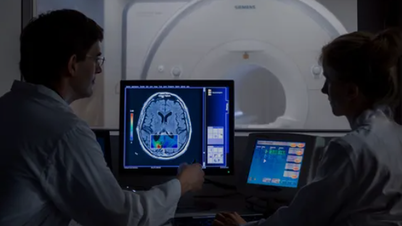



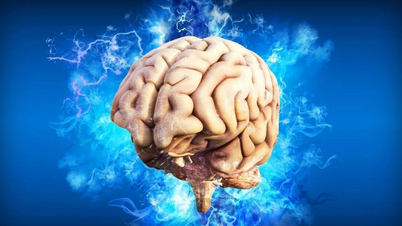


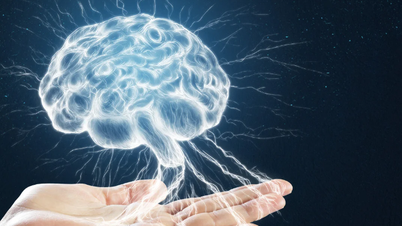




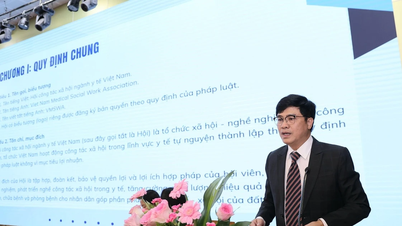



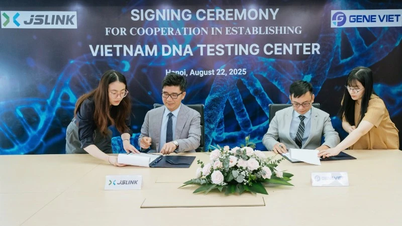




















































































Comment (0)